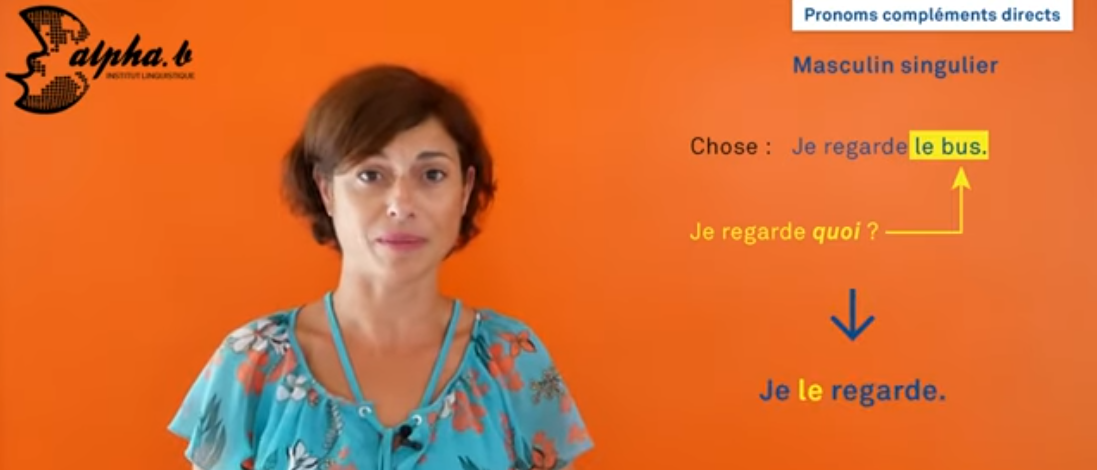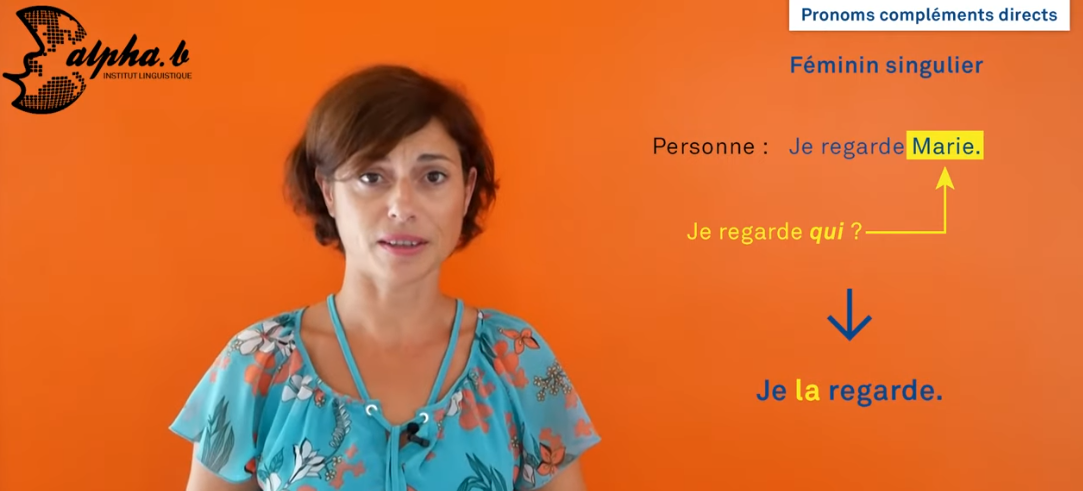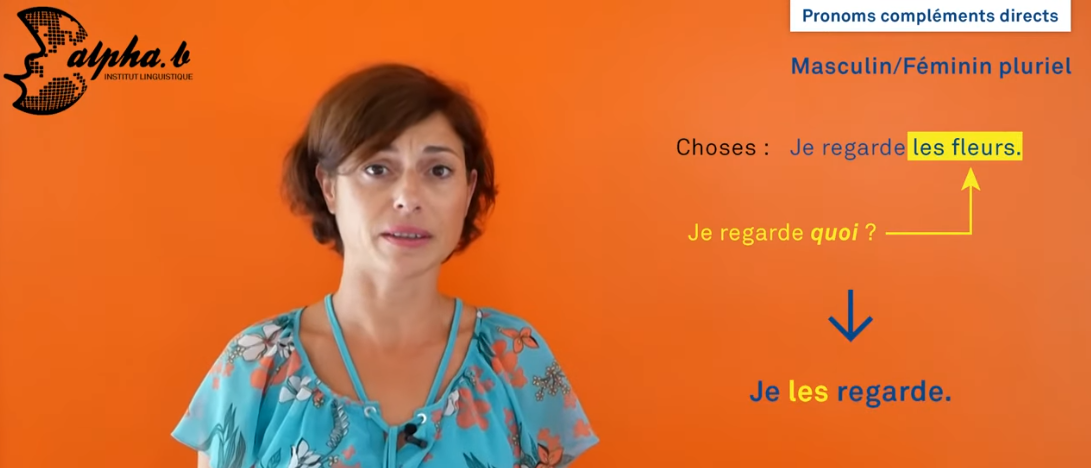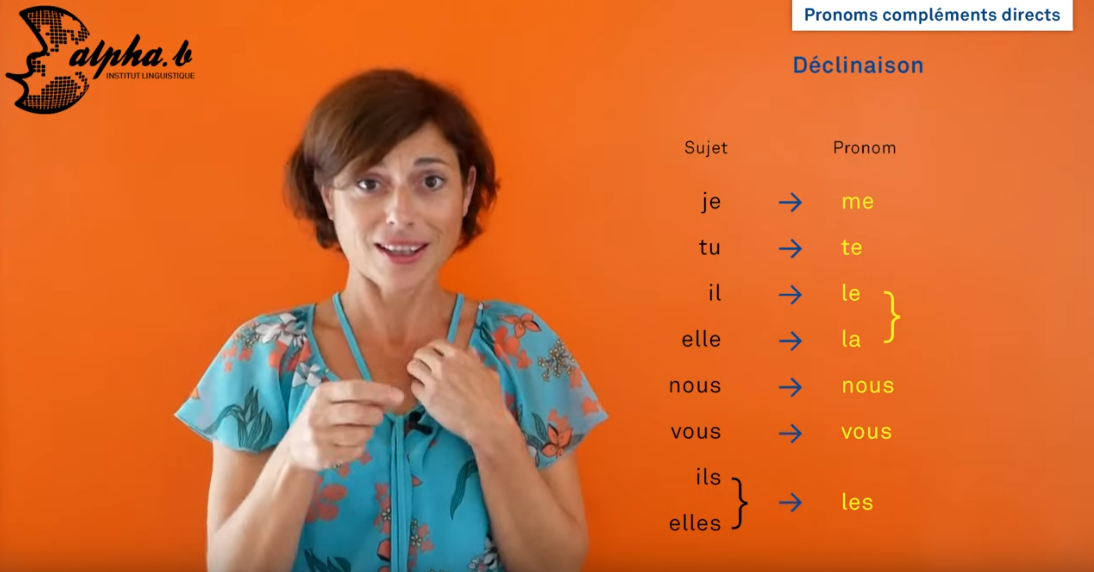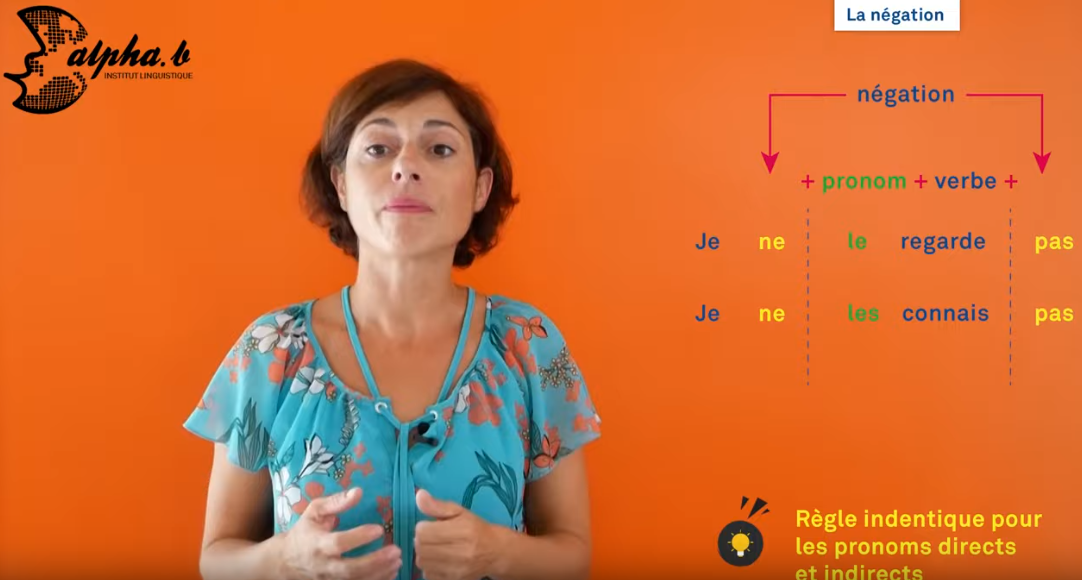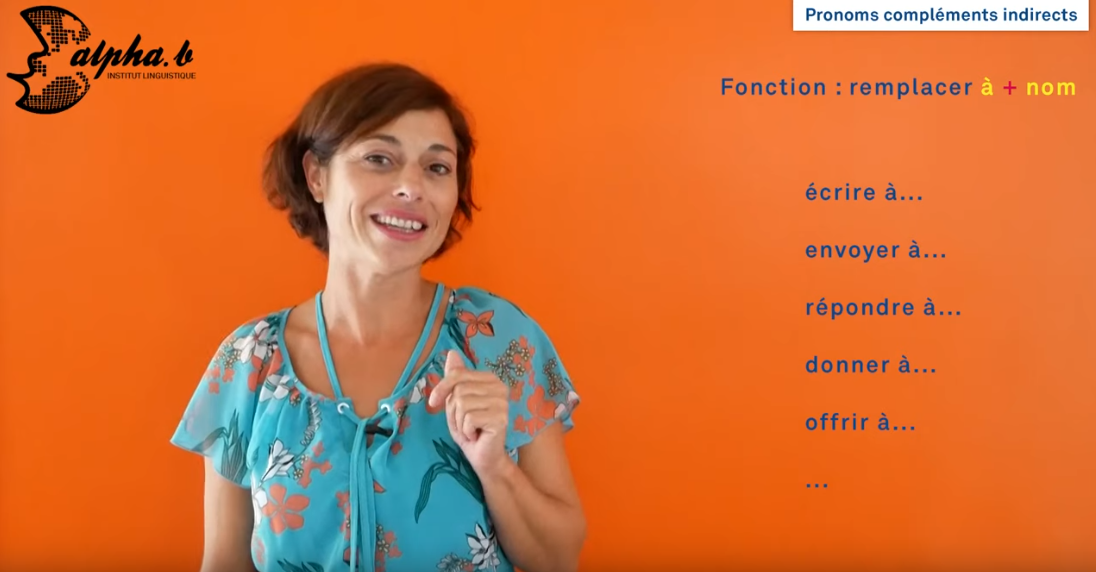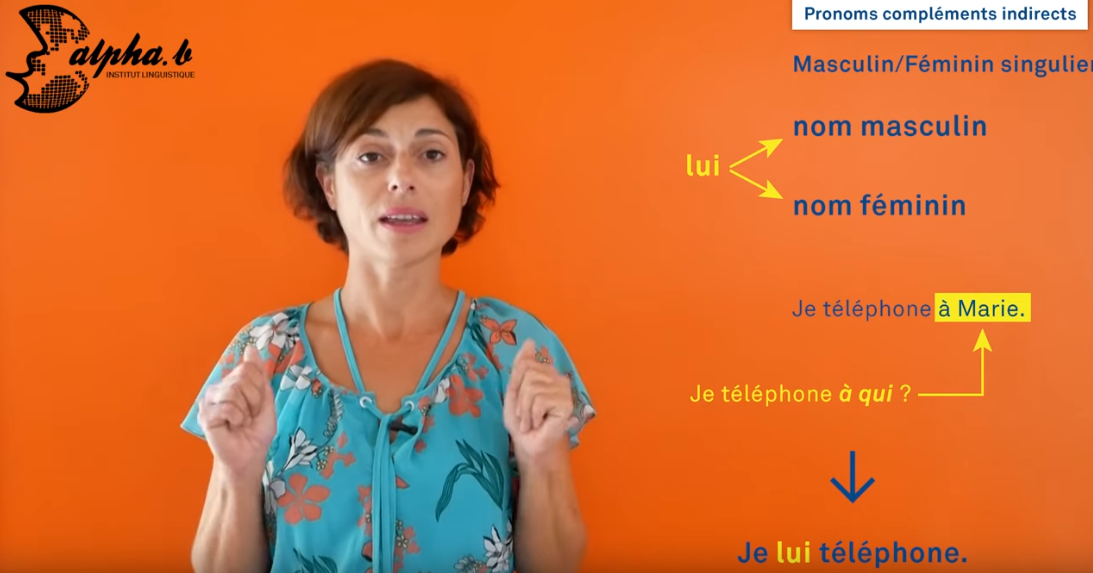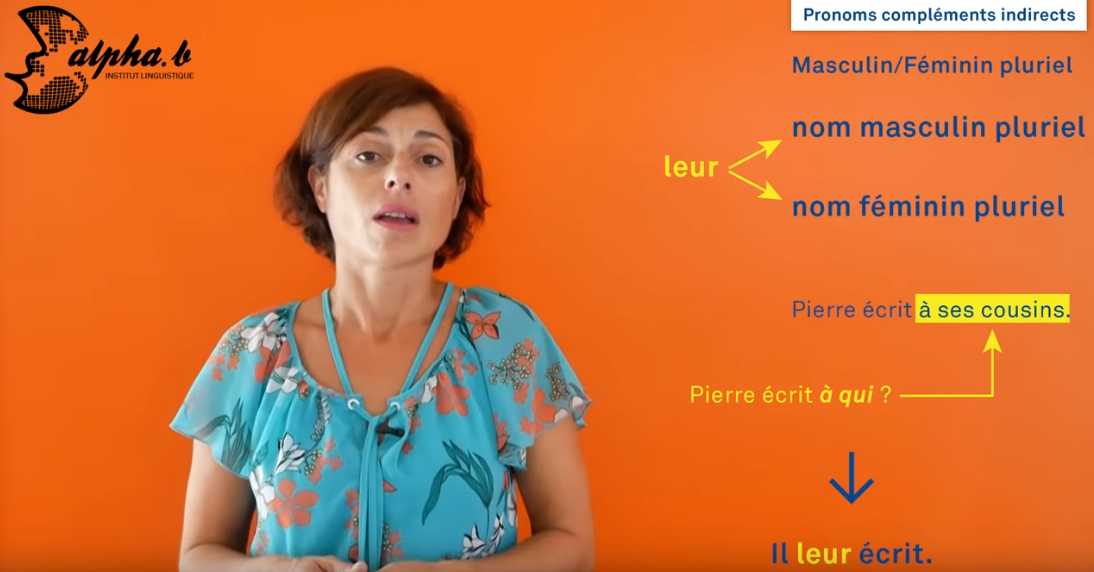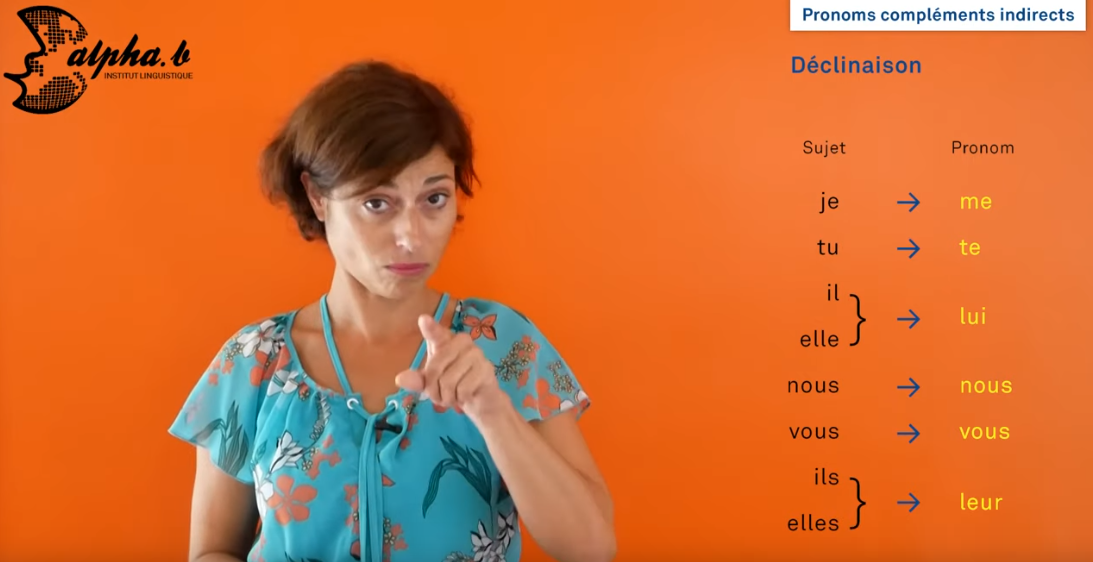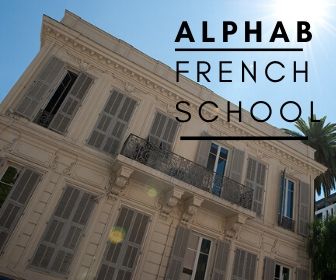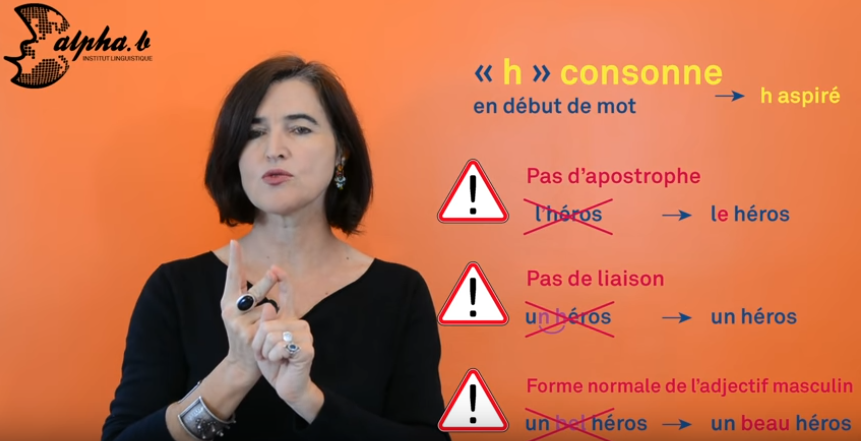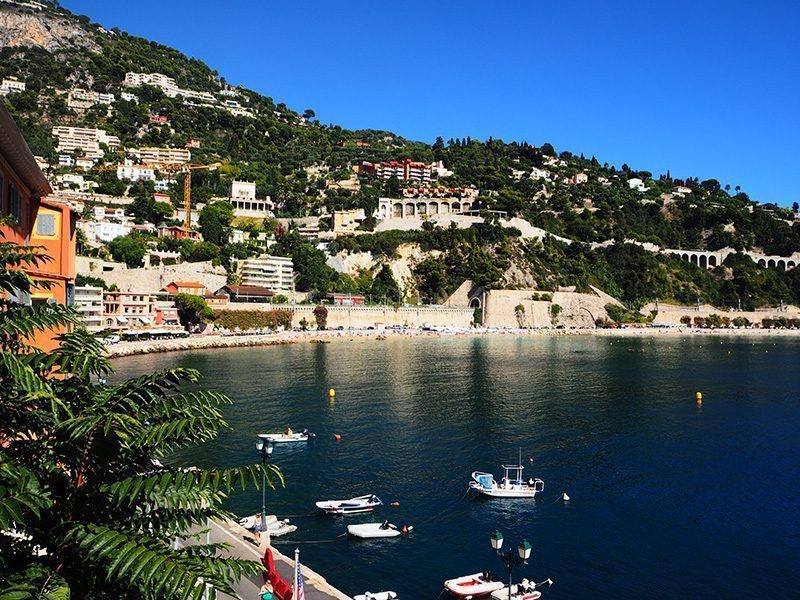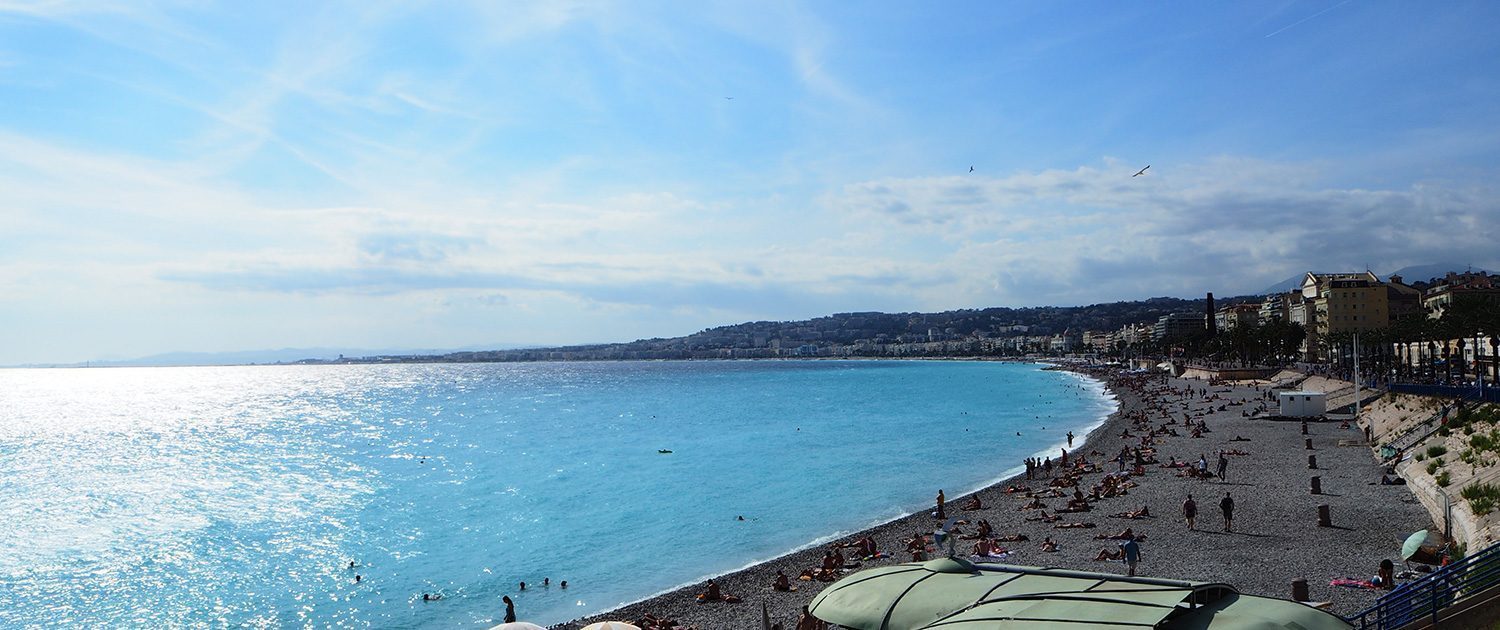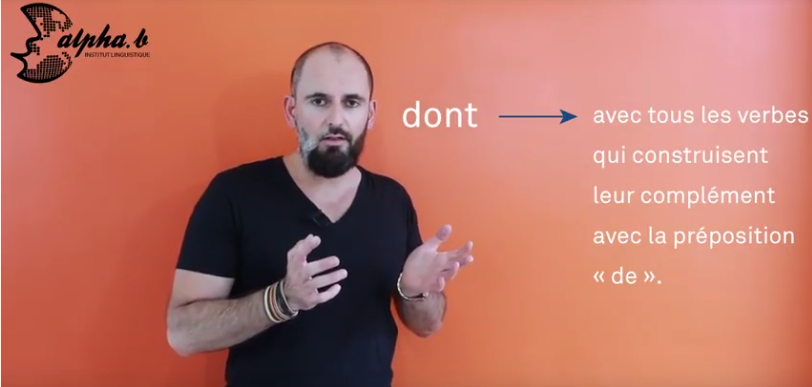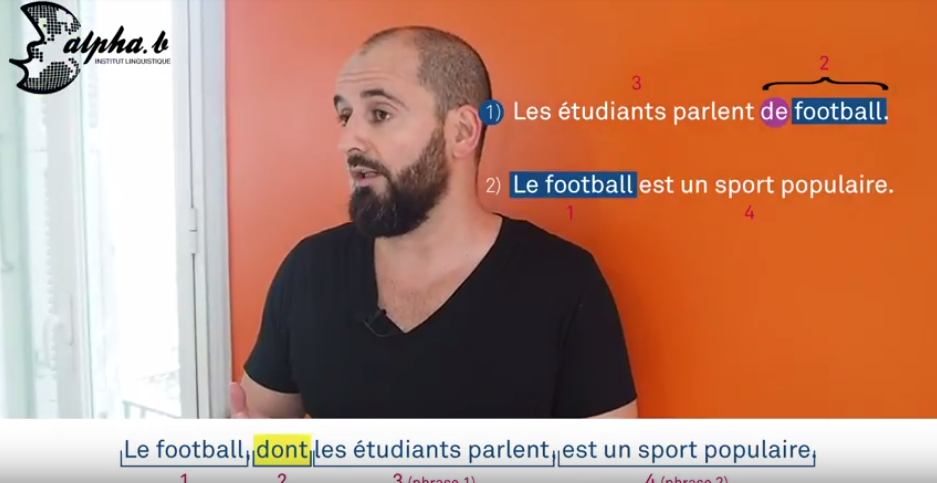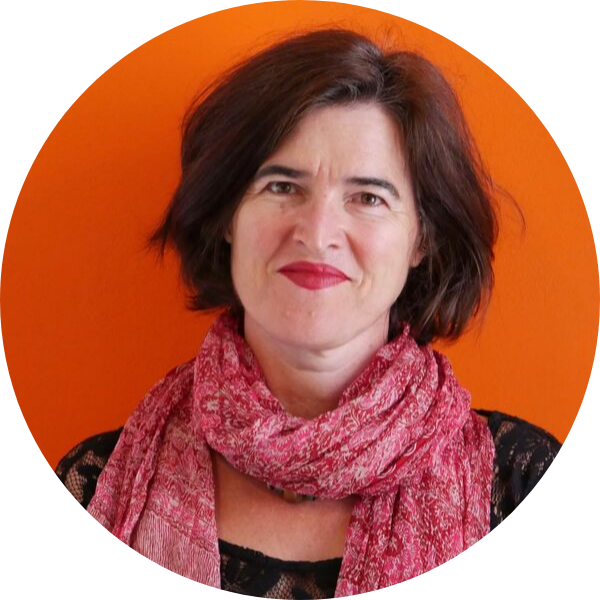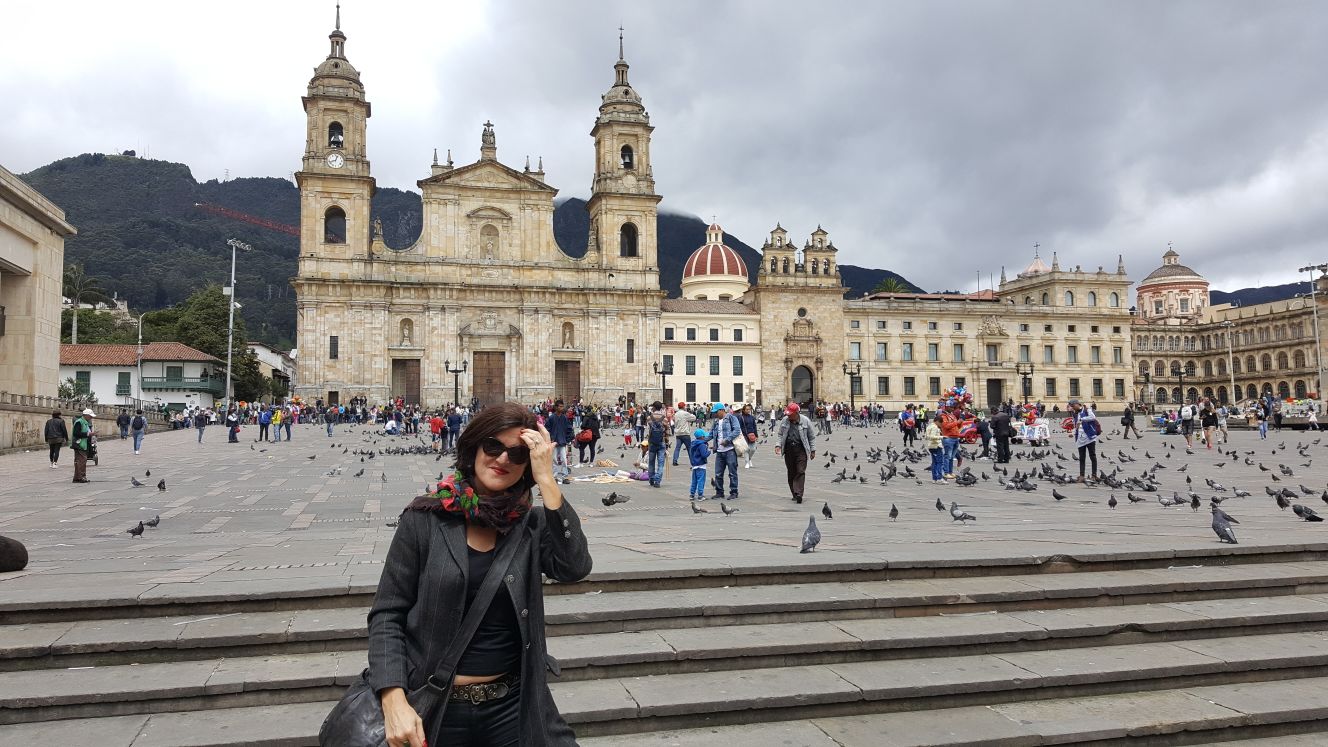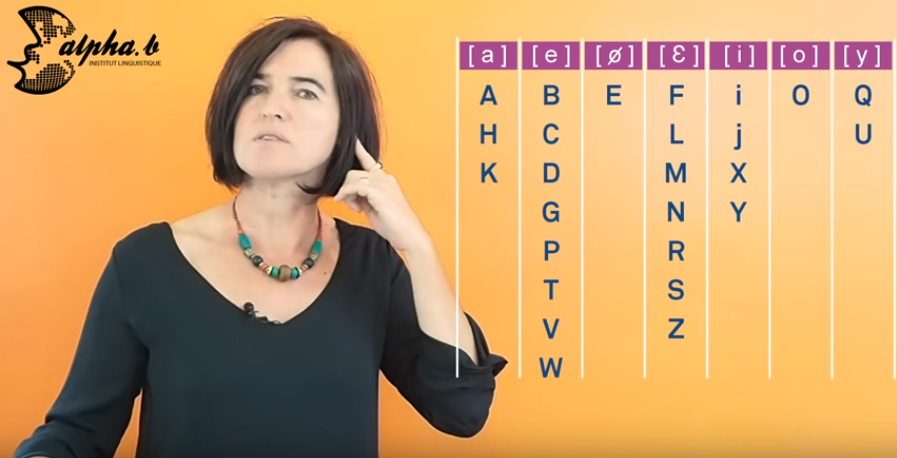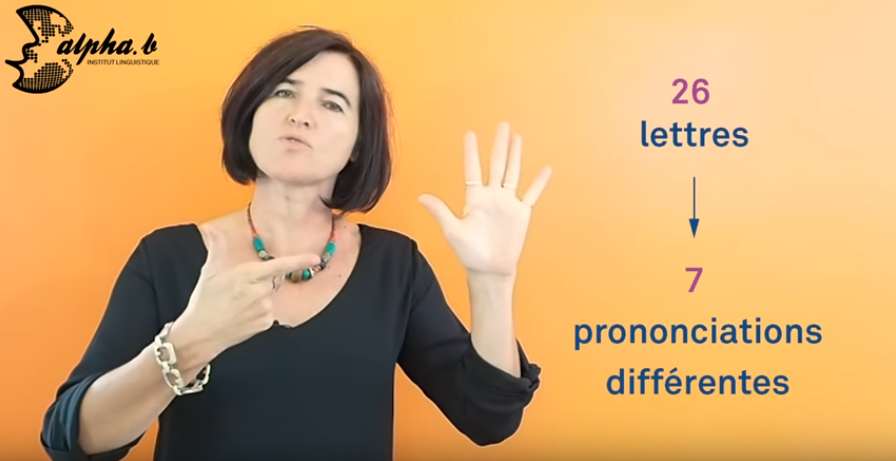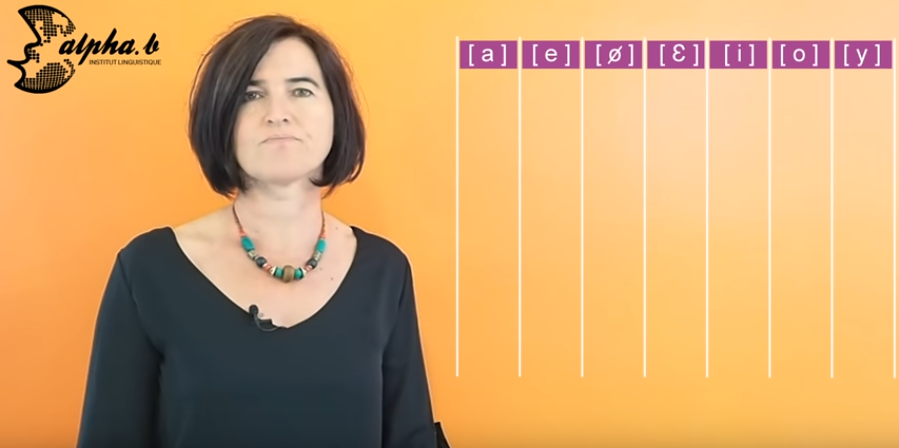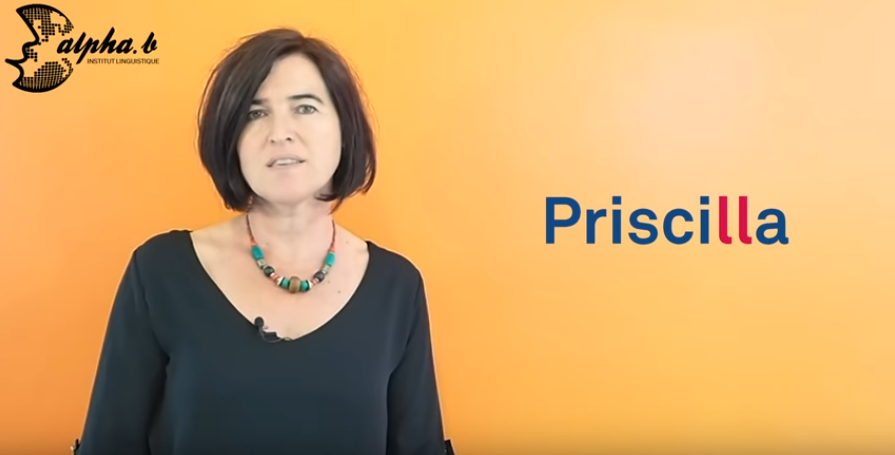Chaque mois, nous allons vous proposer de découvrir une personne de l’équipe de l’institut linguistique alpha.b !
Alpha.b est une école familiale avec une équipe permanente qui travaille ensemble depuis de nombreuses années.
L’école a ouvert ses portes il y a 25 ans déjà et chaque personnalité apporte sa touche à la réussite de l’école et à l’accueil des 2500 étudiants qui viennent apprendre le français chez nous chaque année.
Aujourd’hui c’est au tour d’Anja, co-fondatrice de l’école alpha.b avec Pascal en 1993 !
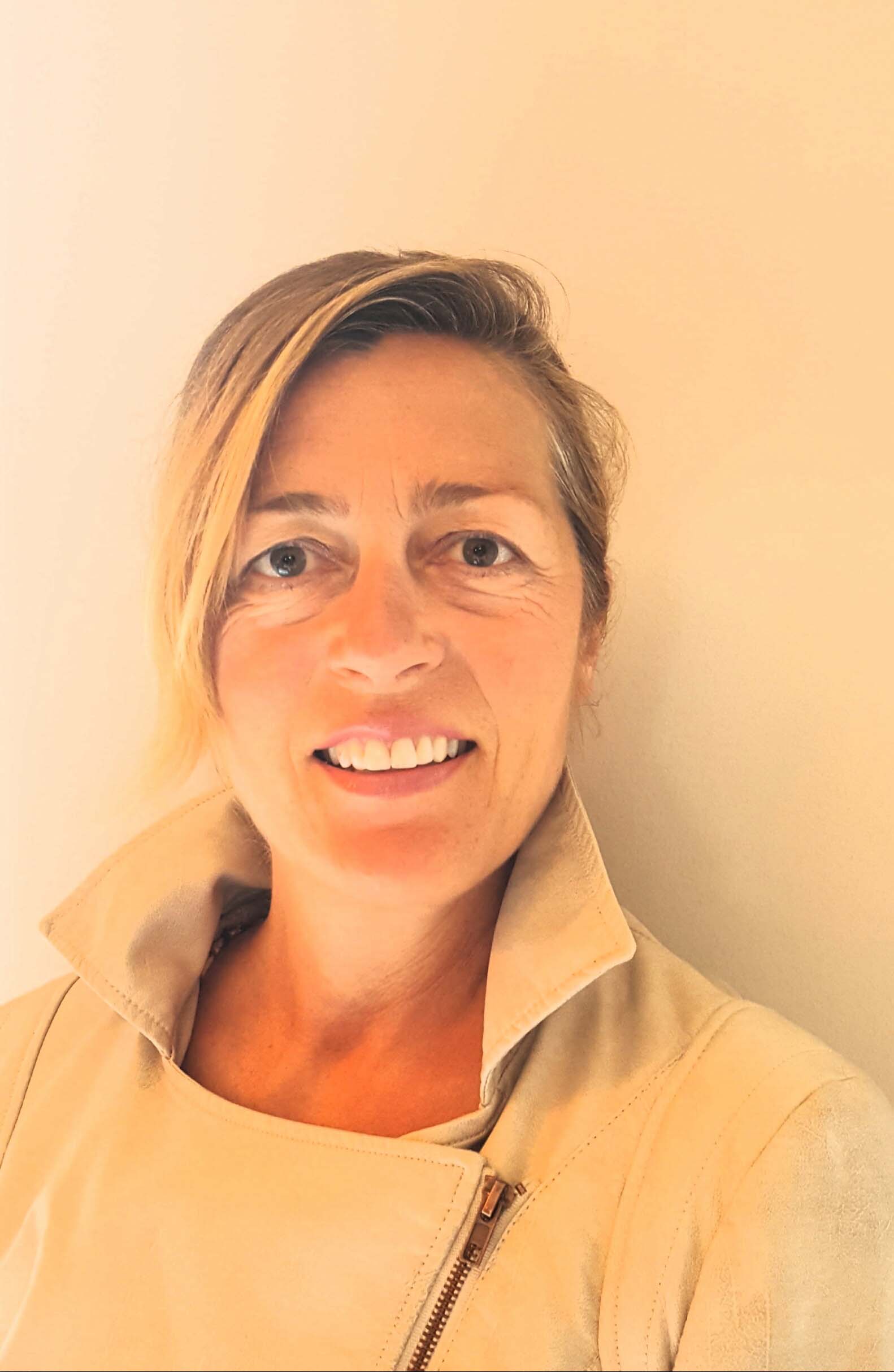
D’où viens-tu ?
Je viens d’un petit village à coté de Cologne (Allemagne).
Comment es-tu arrivé(e) à alpha.b et en quelle année ?
Je me suis installée à Nice en 1992 pour suivre mon cœur … j’étais tombée amoureuse de Pascal pendant un séjour à Nice .
En 1993 alpha.b dispense les premiers cours de Français… et j’étais déjà aux cotés de Pascal pour accueillir nos étudiants.
Qu’est-ce que tu fais à alpha.b ?
Aujourd’hui, je m’occupe essentiellement du marketing et du relationnel avec nos agences. Je suis également le référent qualité et veille à ce que nous appliquions et respections les exigences des différents labels dont nous dépendons ou dont nous sommes volontairement devenus membre.
Mais j’ai déjà fait plein d’autres choses à alpha.b au cours des derniers 27 ans. L’école était notre “premier bébé” (Basil et Léna, nos enfants ont suivi bien plus tard) que nous avons crée de A à Z dans une sorte de Two-Men-Show.
Pourquoi aimes-tu ton travail à alpha.b ?
Je suis fière de notre école et de notre équipe. J’aime participer aux salons et workshops pour rencontrer nos agences partenaires, et j’aime la diversité de notre business.
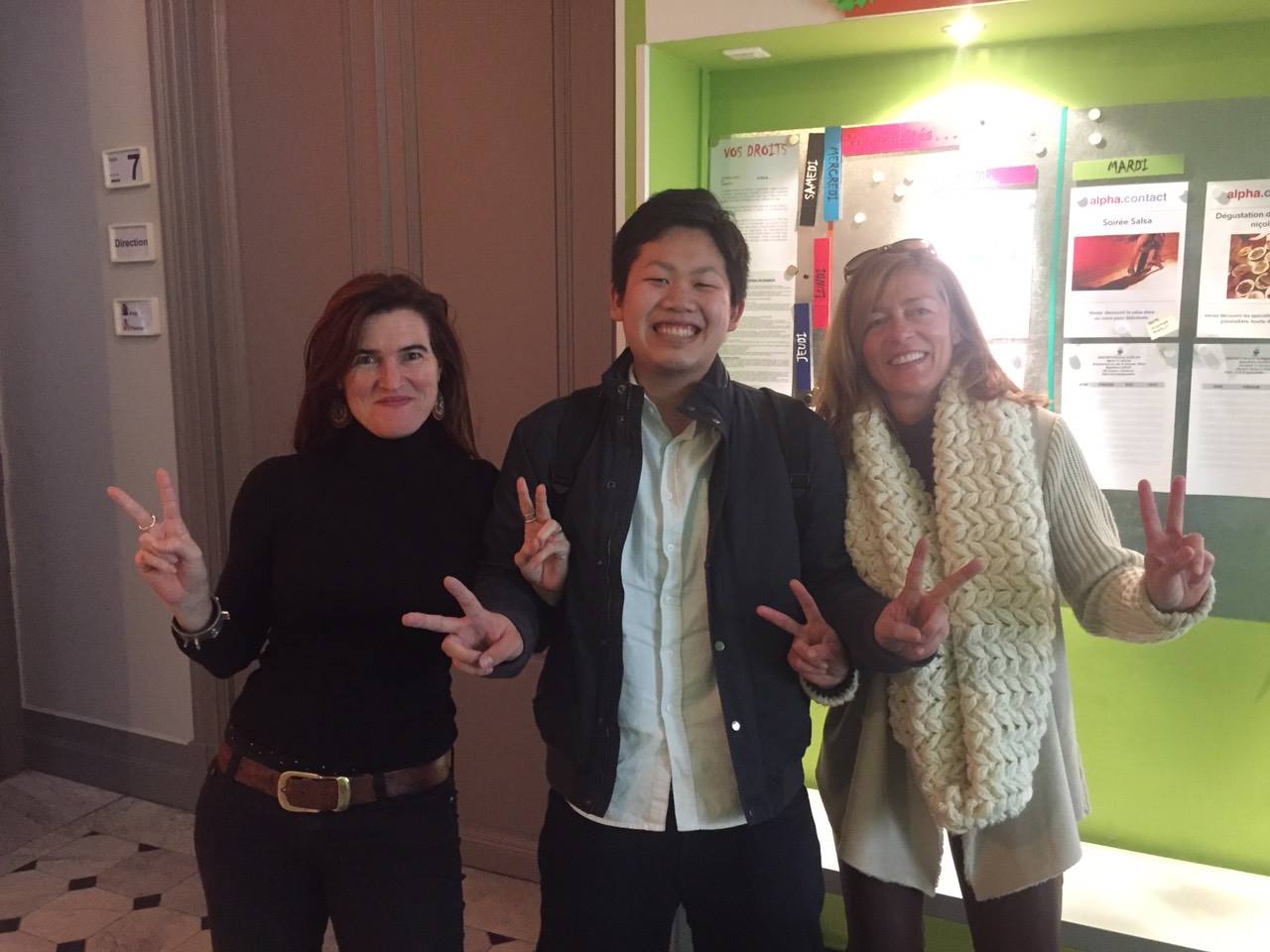
Quel est ton meilleur souvenir à alpha.b ?
Je pourrais écrire un livre en plusieurs tomes. Mais c’est comme pour les blagues: quand on me demande d’en raconter une, il y en a aucune qui me vient à l’esprit.
Quelles langues parles-tu ?
Allemand, anglais et français. Après il me reste quelques notions d’espagnol mais bon…
Est-ce que tu as toujours voulu faire ce que tu fais maintenant ?
Je suis une littéraire comme disent les français. Alors oui, travailler dans le milieu des langues est certainement quelque chose qui me correspond assez bien.
Où te vois-tu dans 10 ans ?
Je peux me projeter dans plein d’endroits tant que c’est à la campagne et que je suis entourée de Pascal et mes animaux… et les enfants pas trop loin si possible.
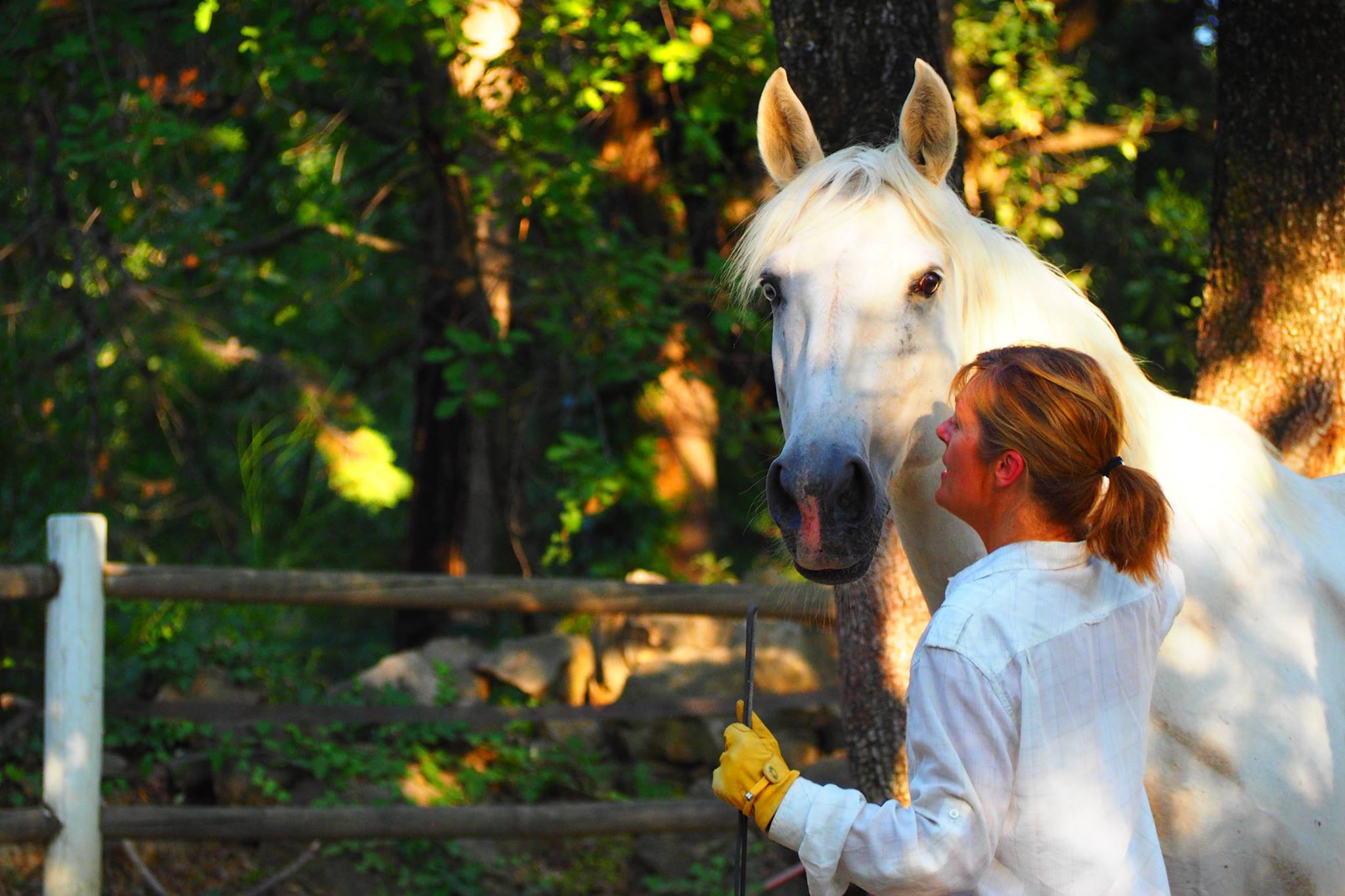
Ton restaurant préféré à Nice ?
J’aime bien le Cénac (rue Biscarra), La Cambuse (sur le Cours Saleya) et plein d’autres…
Ton lieu préféré sur la Côte d’Azur ?
L’arrière pays niçois et en particulier le Baou de Saint Jeannet.
Quel conseil donnerais-tu à quelqu’un qui veut apprendre le français ?
Parler, parler, parler. Ne pas avoir peur du ridicule car c’est juste une idée reçue.
Ta devise dans la vie
“Carpe Diem” mais aussi “vivre et laisser vivre”… quelque part des devises assez cool
Dis-nous quelque chose de surprenant sur toi :
Je n’aime pas les desserts …
Ton mot préféré en français
“Truc” et ses variantes “machin truc”, “trucmuche”… Très utile quand on ne connait pas le nom d’une chose ou d’une personne, ça fonctionne à tous les coups! Je reviens alors sur le fait qu’il faut parler en s’aidant de quelques petites astuces.

